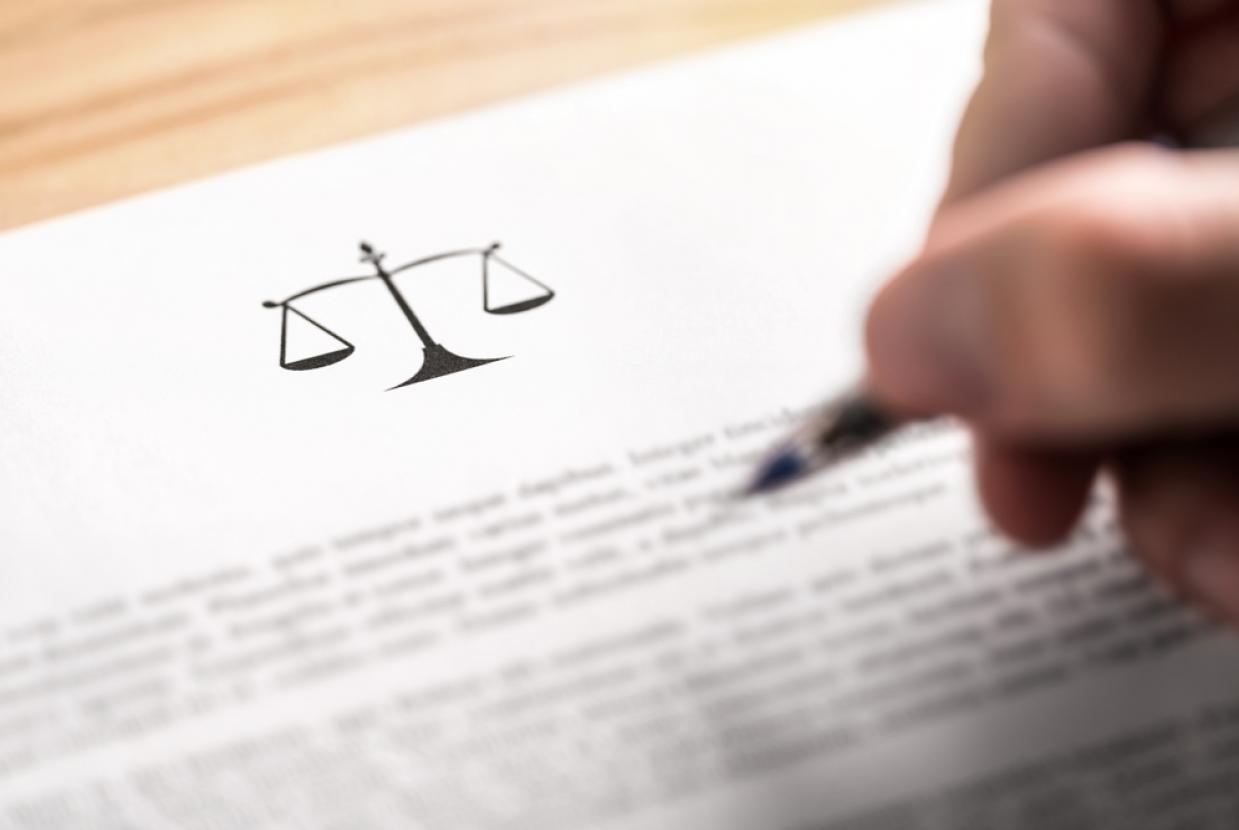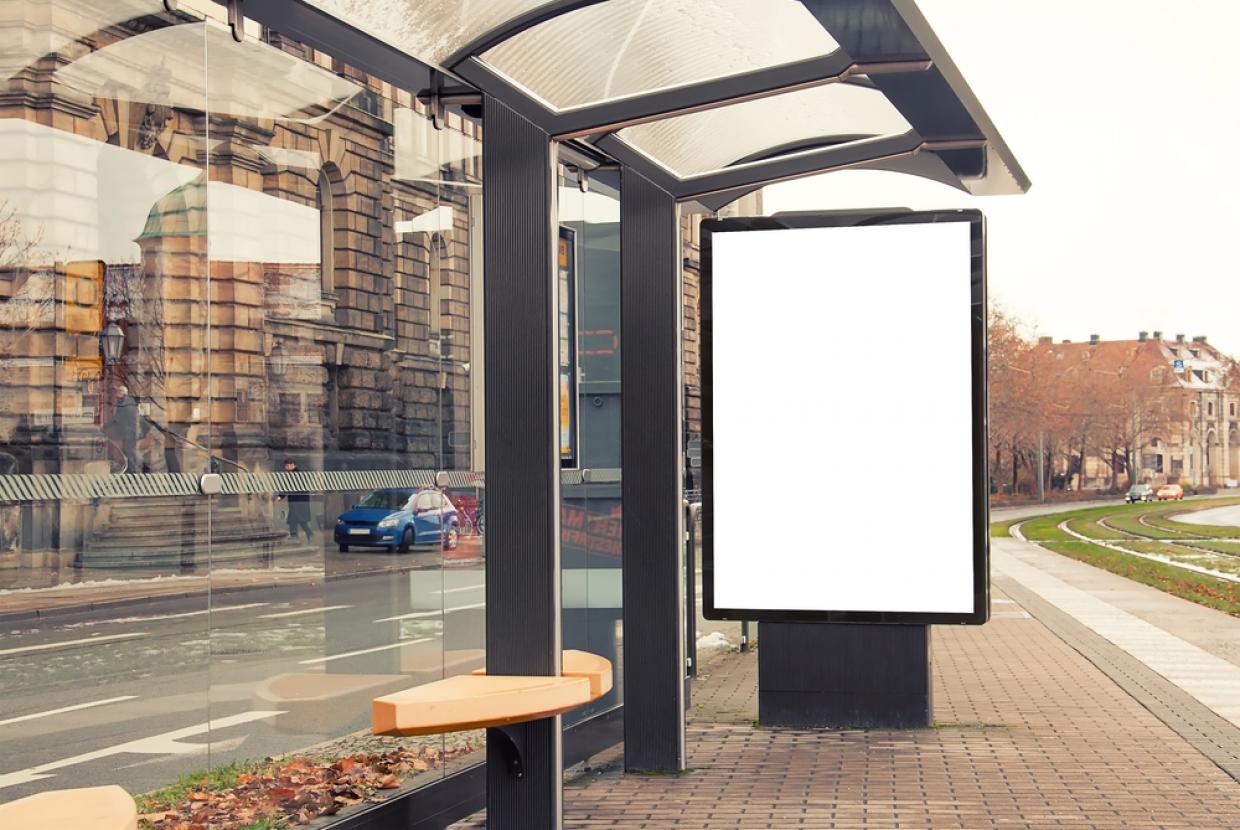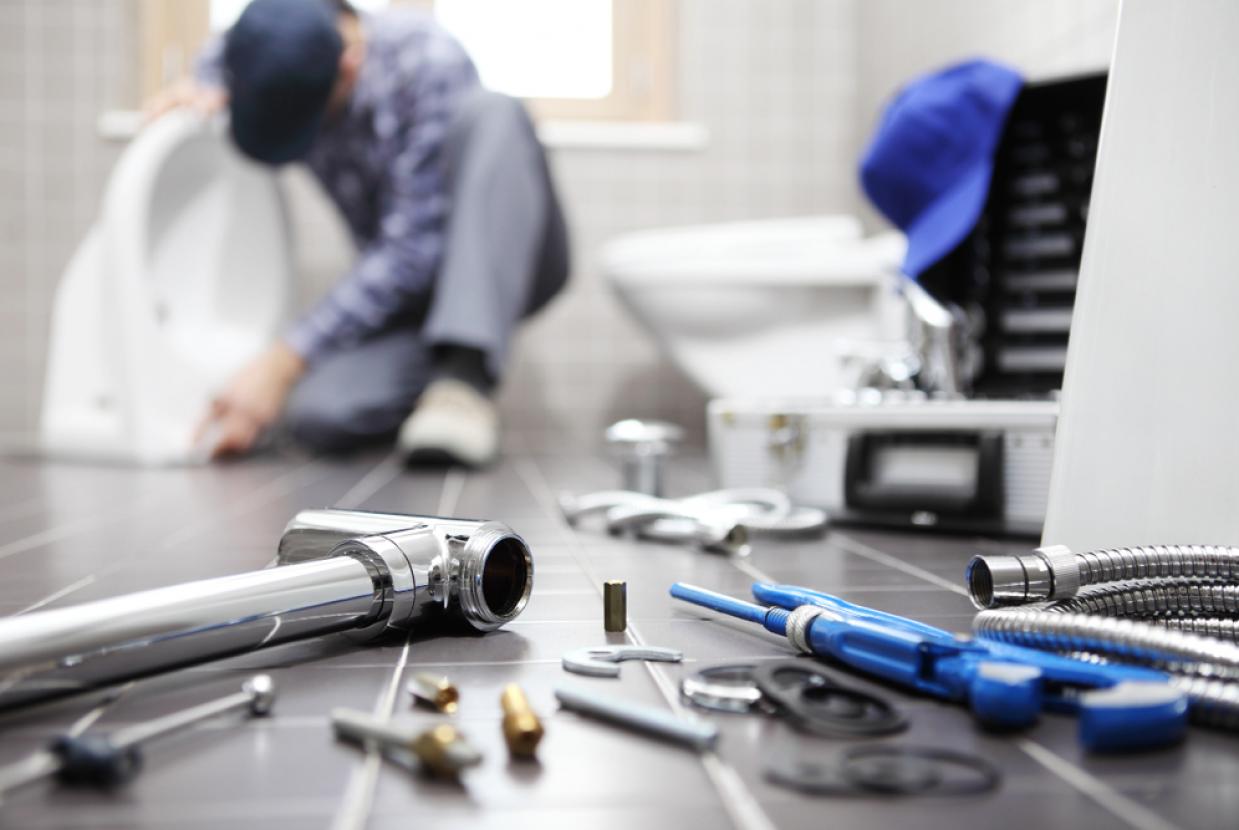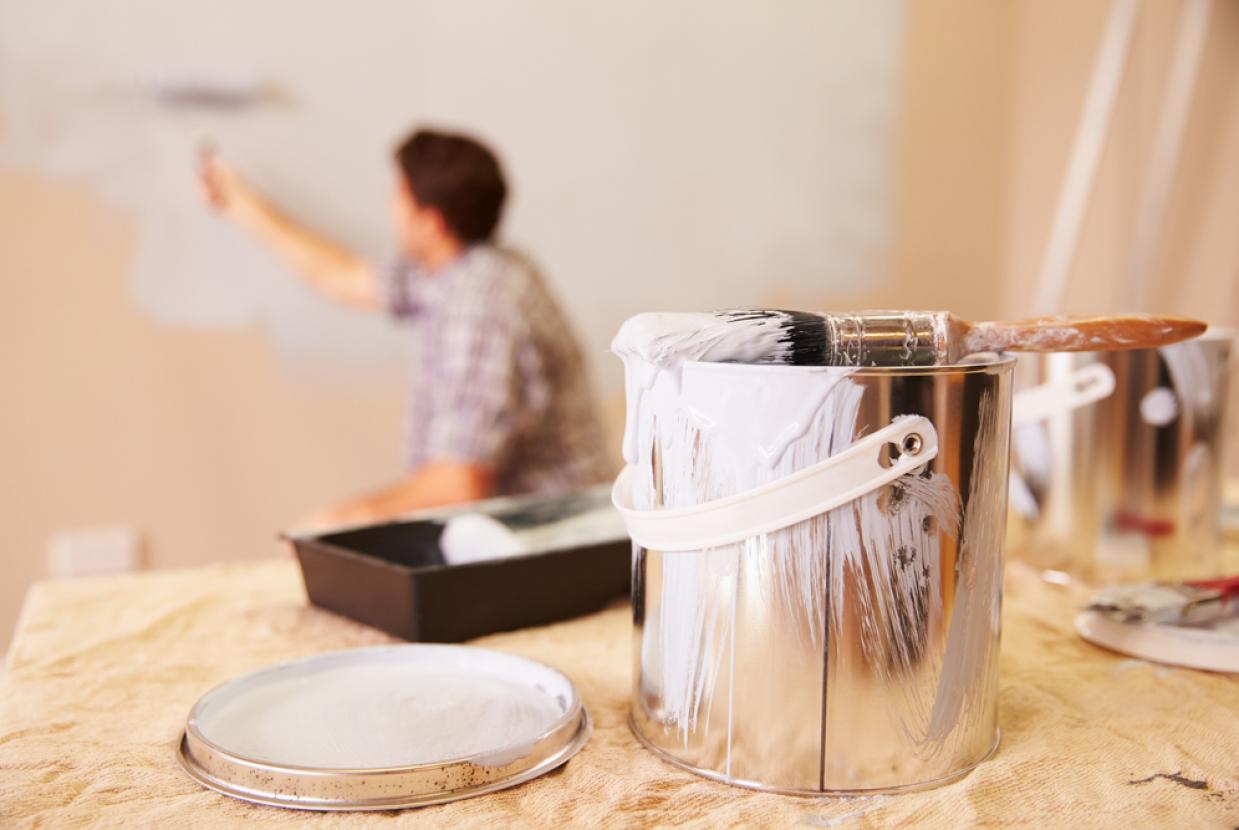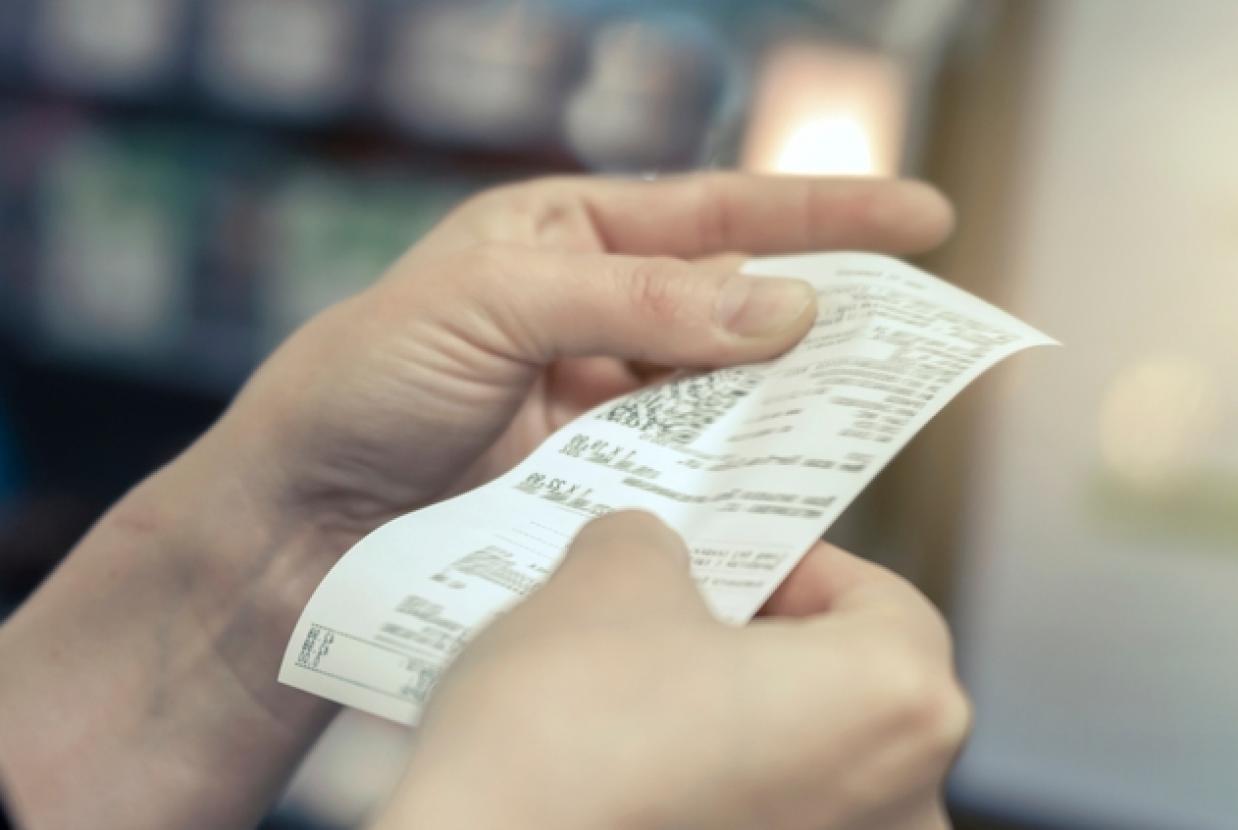How The Law Protects You
The law protects you when you are buying goods, digital content and services. Know your rights when goods or digital content are faulty, or when services are not done with reasonable care and skill. You’re also protected from unfair terms in contracts.
Buying goods
By law, goods you buy must be:
- of a satisfactory quality
- fit for a particular purpose
- as described
- installed correctly, if installation was agreed as part of the contract
Satisfactory quality
Satisfactory quality means the goods should meet the standard a reasonable person regards as satisfactory taking into account:
- the description of the goods
- the price
- all other relevant circumstances
Quality of the goods covers:
- condition including appearance and finish
- freedom from minor defects
- safety
- durability
Fit for purpose
Fit for purpose means that the goods should work and fulfil all uses which the goods are supplied to do. For example, a refrigerator is fit for purpose if, when it is switched on, it keeps food and drinks consistently cool.
As described
If you ask for a product with a particular function or brand name, the trader must sell you this or advise if they don't have the product as described. For example, if you ask for a colour laser printer and they sell you a black and white printer and tell you it is a colour printer, the goods are not as described.
Your rights
If the goods you receive aren’t of satisfactory quality, fit for purpose, don’t match or aren’t installed correctly, you have 30 days to return them and get a full refund. You will have fewer days to return the goods if they are highly perishable, for example food items.
Repaired or replacement goods
If you ask for a repair or replacement during the 30 day return period, you will have the rest of the period or seven days (whichever is longer) to check if you are happy with the repair or replacement and to decide if you want to keep it. If you claim a repair or replacement, the trader must do this:
- at no cost to you
- within a reasonable time
- without causing you significant inconvenience
The trader must cover any reasonable cost of returning the goods except where you are returning to the place you bought them. You don't have to return the goods to this place unless this was agreed from the outset as part of the contract. For example, if you have to hire a van to return bulky furniture to the shop where it was bought, you could claim for the hire cost of the van.
In some cases, you may be able to claim some or all of the cost of returning the goods to the place you bought them. For example, if the car you are returning breaks down and you have to pay for a break down service to return it.
You don't have to give the trader lots of chances to repair or replace the goods. If after just one failed try at repair or replacement, or the repair or replacement isn't given to you within a reasonable time and without significant inconvenience, you can claim a price cut or reject the goods and get a refund.
Discounts and refunds
If the repair or replacement isn't suitable, available or supplied within a reasonable time and without causing you significant inconvenience, you can choose to keep the goods or to reject them.
If you choose to keep the goods, you can ask for a discount on the price of the goods. The discount can be any amount, up to the full cost of the goods, but it must be reasonable given the circumstances of your claim.
If you reject the goods and return them, you can claim a refund. Your refund can be less to take into account any use you have had from the goods, but it can’t be less if you have held onto the goods simply because the trader has delayed collecting them. Nor can your refund be less where the goods are rejected within six months of getting them, except where the goods are a motor vehicle.
The refund must be given within 14 days of the trader agreeing that you are entitled to it.
Hired goods
If you've hired goods, you can claim a refund for any part of the hire that was paid for but not supplied. You will also be released from other obligations under the contract, for example, any remaining instalments to be paid for a hire purchase contract.
Right to claim
If you discover a fault within six months of delivery, you can only get a repair, replacement, price cut or use your final right to reject if the fault was there at the time of delivery. You can't claim:
- for any damage you cause
- if you were made aware of the fault before you bought the goods
- for any obvious fault you would have seen if you examined the goods before you bought them
- if you change your mind about the goods you’ve bought
- for faults that appear as a result of fair wear and tear
You can't claim if you buy something for a particular purpose that it's not obviously made for, unless the trader has told you it's suitable for that purpose. For example, if you buy a hedge trimmer and then break it attempting to cut down a tree, you can't claim unless the trader told you it could cut down trees.
Goods older than six months
If you've had the goods for six months or more, you must prove the fault was there at the time of buying or delivery. Some faults won’t appear until sometime after delivery, and in these cases it is enough to prove that there was an underlying or hidden fault at that time.
Digital content
The law also covers you when you buy digital content, like:
- computer games
- virtual items bought within computer games
- television programmes
- films
- books
- computer software
- mobile phone apps
- systems software for goods such as domestic appliances, toys, motor vehicles
Digital content must be as described, fit for purpose and of satisfactory quality. If your digital content is faulty, you're entitled to a repair or a replacement. If the fault can't be fixed within a reasonable time, or without causing you significant inconvenience, you can get some or all of your money back. If you can show the fault has damaged your device and the trader hasn't used reasonable care and skill, you may be entitled to a repair or compensation.
Buying a service
You have the right to expect a certain standard for any service that you pay for. The service must be carried out:
- with reasonable care and skill
- within a reasonable time
- for a reasonable price
Any information given or promises made to you about the service that helps you decide whether to buy or to make any further decisions about the service must be upheld by the trader. This includes quotations and any promises about timescales or about the results to be achieved.
Failure to meet required standards
If the trader fails to meet the required standards, this is a contract break and you can expect the trader to put things right. The law says that you have the right to a repeat performance of the service or to a price cut.
Repeat performance
If the trader fails to finish the job with reasonable care and skill or carry out the job according to the information or promises given to you about the service, then you can ask for a repeat of the service to finish the job properly. This must be done:
- at no cost to you
- within a reasonable time
- without causing you significant inconvenience
You can't ask for a repeat performance where it would be impossible for the trader to finish the job to the required standard. For example, if you hire a photographer to take photos of your wedding, but their camera fails. In this case, it would be impossible to re-stage the wedding
Price cut
You can claim a price cut where a repeat performance is impossible or can't be done within a reasonable time and without causing you significant inconvenience.
The amount of the price cut will depend on how badly the service was carried out and it can be anything up to 100 per cent of the price. If you have already paid in full or in part for the service, you may get some money back.
Unfair contract terms
When you buy goods or pay for a service you automatically enter into a contract. Traders can't include terms in the contract that gives them an unfair advantage or take away your legal rights as a consumer.
Terms are unfair that try to avoid responsibility for:
- death
- personal injury
- faulty goods - for example by saying that no refunds will be given
- goods that aren’t as described
- selling goods that don't belong to the seller
- delays
- unsatisfactory services
Contract terms might also be unfair if they favour, for example they:
- charge too much when the consumer cancels the contract
- mean the automatic loss of all upfront payments when a contract is cancelled
- include unbalanced rights, such as the trader being able to cancel a contract at any time, but the consumer must give three months' notice
- being able to change the agreed price for any reason at a later date
It will be up to the courts to decide if terms in your contract are unfair in the circumstances.
If you have a complaint about a trader using unfair contract terms or would like more information about whether a contract term is unfair, contact Consumerline.
Complaints about the supply of goods or services
If you aren't satisfied with goods or services supplied by a trader, you should give them a chance to put things right. You need to show you have been reasonable in case you go to court later. If you bring in another trader without giving the original trader an opportunity to put things right, a court may:
- might decide this was unreasonable
- might not allow you to claim back the cost from the first trader
If the trader agrees to put things right, you should tell them in writing that you reserve the right to get someone else to do the work if:
- it isn't done to a reasonable standard
- it is not done within a reasonable time
You should keep a copy of your letter.
If the trader can't or won't put things right, you will need to get a different trader to finish the job. You can claim compensation from the first trader if this costs you more.
You may want the trader to stop work because you don't trust them to put things right. This may be because:
- the work is unsafe or a very poor standard
- your relationship with the trader has broken down
If you tell the trader to stop work, they may threaten to take you to court to claim compensation. You will need good reasons and evidence, if you refuse to let a trader finish a job or put it right when they are offering to do this. If the case goes to court, you may need to give evidence of bad work, such as photographs, and you may need an expert's opinion.
If a trader has done some work to a satisfactory standard you will have to pay a reasonable amount for this work. Find out more about making a complaint.




